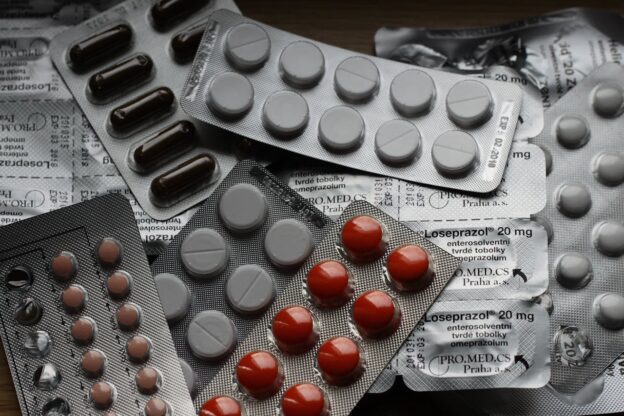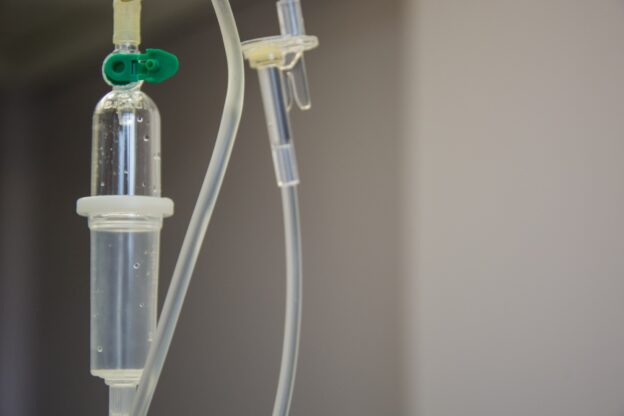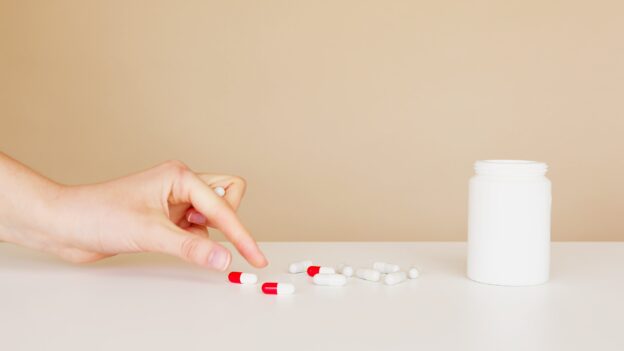Opiate withdrawal can feel overwhelming. You might deal with chills, stomach pain, anxiety, or trouble sleeping. It’s hard to think clearly when your body’s reacting like that. Many people in recovery ask, does gabapentin help with opiate withdrawal? The short answer is—it might. Gabapentin wasn’t made for withdrawal, but doctors sometimes use it to ease symptoms like anxiety or nerve pain. That doesn’t mean it’s safe to try on your own. You need a plan that’s built around your needs, not just another quick fix. A drug and alcohol rehab in West Virginia can help you take that first step without guessing your way through it. This isn’t about being strong or tough. It’s about getting the right support so you don’t feel like you’re doing it alone.













